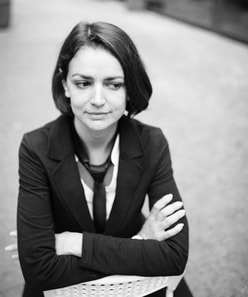VERSEVILLE
- Home
- About Us
- Submissions
- Masthead
-
Editions
- Collaborations
- Interviews
-
Prose on Poetry and Poets
-
2010-2013
>
- Sylvia Plath by Dr. Nidhi Mehta >
- Prose Poems of Tagore by Dr. Bina Biswas >
- Kazi Nazrul Islam by Dr. Shamenaz Shaikh >
- Kabir's Poetry by Dr. Anshu Pandey >
- My mind's not right by Dr. Vicky Gilpin >
- On Poetry & Poets by Abhay K.
- Poetry of Kamla Das –A True Voice Of Bourgeoisie Women In India by Dr.Shikha Saxena
- Identity Issues in the Poetry of Nissim Ezekiel by Dr.Arvind Nawale & Prashant Mothe*
- Nissim Ezekiel’s Latter-Day Psalms: His Religious and Philosophical Speculations By Dr. Pallavi Srivastava
- The Moping Owl : the Epitome of Melancholy by Zinia Mitra
- Gary Soto’s Vision of Chicano Experiences: The Elements of San Joaquin and Human Nature by Paula Hayes
- Sri Aurobindo: A Poet By Aju Mukhopadhyay
- Wordsworthian Romanticism in the Poetry of Jayanta Mahapatra: Nature and the Reflective Capabilities of a Poetic Self by Paula Hayes
- Reflective Journey of T.S. Eliot: From Philosophy to Poetry by Syed Ahmad Raza Abidi
- North East Indian Poetry: ‘Peace’ in Violence by Ananya .S. Guha
-
2014-2015
>
- From The Hidden World of Poetry: Unravelling Celtic mythology in Contemporary Irish Poetry Adam Wyeth
- Alchemy’s Drama: Conflict, Resolution and Poiesis in the Poetic Work of Art by Michelle Bitting
- Amir Khushrau: The Musical Soul of India by Dr. Shamenaz
- PUT YOUR HANDS ON ME: POETRY'S EROTIC ART by Elena Karina Byrne
- Celtic and Urban Landscapes in Irish Poetry by Linda Ibbotson
- Trickster at the African Crossroads and the Bridge to the Blues in America by Michelle Bitting
- 2015-2016 >
- 2016-2017 >
- 2017-2018 >
-
2010-2013
>
- Print Editions
Archives |
The Magazine |
|





